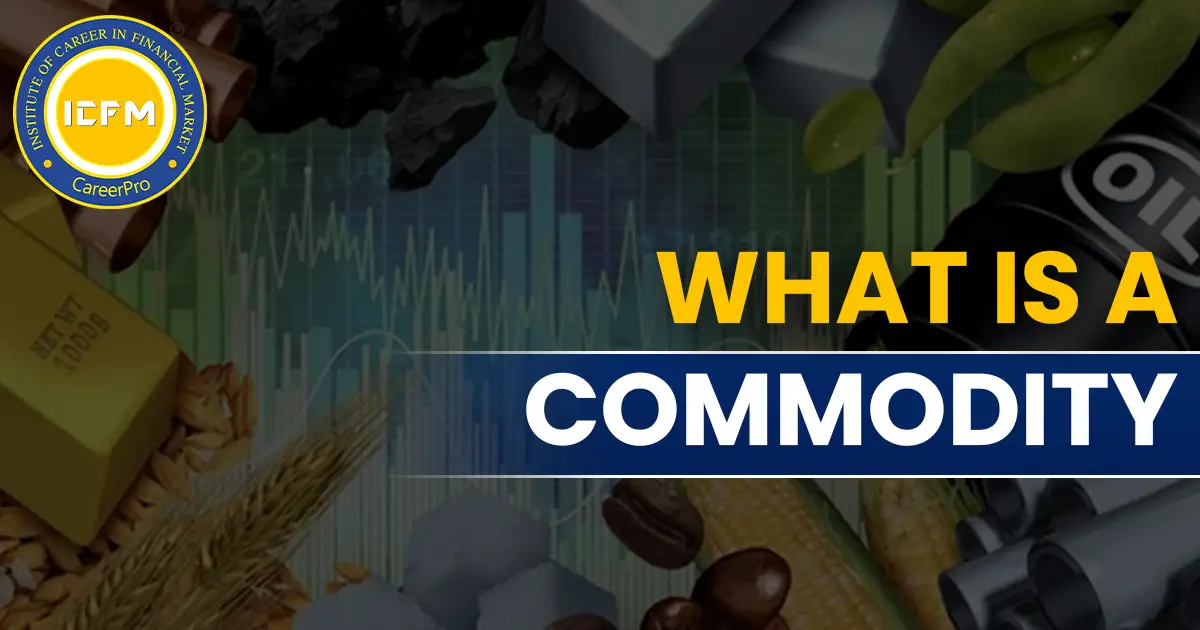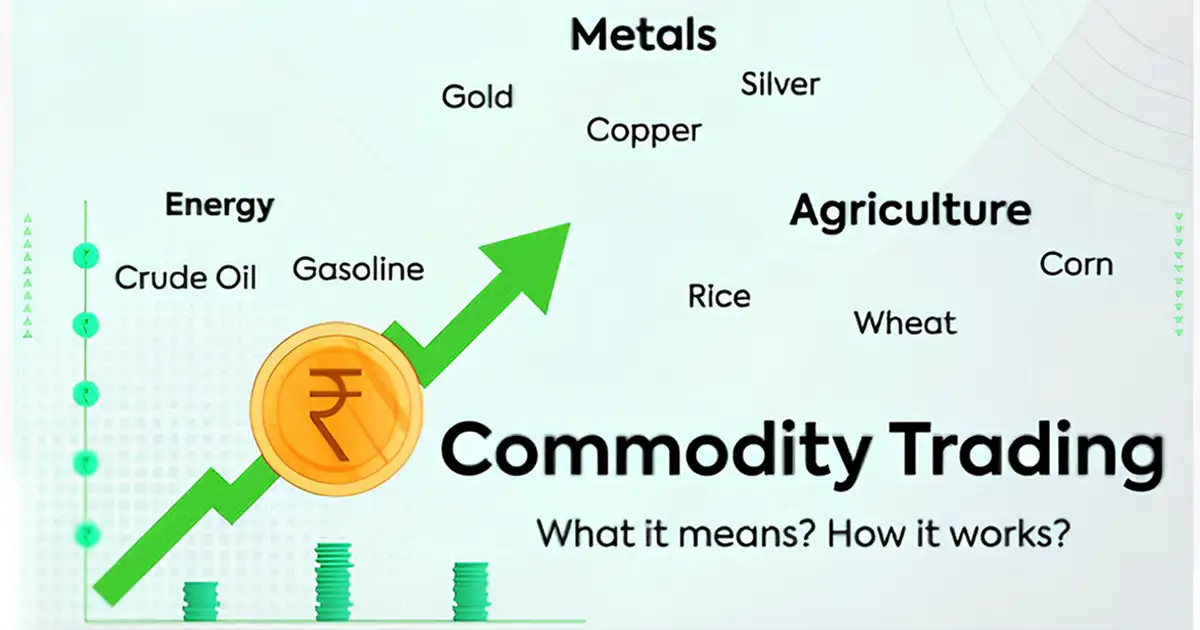There are two main types of commodities:
- Soft commodities: agricultural products such as corn, wheat, coffee, cocoa, sugar and soybeans; and livestock.
- Hard commodities – natural resources that need to be mined or processed, such as crude oil, gold, silver and rubber.
Which kinds of commodities are traded in the world?
In the global markets, there are four categories of commodities in which trading takes place
- Energy - crude oil, heating oil, natural gas and gasoline
- Metals - precious metals such as gold, silver, platinum and palladium; base metals such as aluminium, copper, lead, nickel, tin and zinc; and industrial metals such as steel
- Agricultural - corn, soybean, wheat, rice, cocoa, coffee, cotton and sugar.
What are the main differences between commodity spot and derivatives markets?
There are two types of commodity markets: spot (physical) and derivatives (such as futures, options, and swaps). In a spot market, a physical commodity is sold or bought at a price negotiated between the buyer and the seller. The spot market involves buying and selling of commodities in cash with immediate delivery. There are spot markets for individual consumers (retail market) and the business-to-business (wholesale market) category. Spot markets also include traditional markets such as Delhi’s Azadpur Mandi that deal in fruits and vegetables. On the other hand, a commodity can be sold or bought via derivatives contract as well. A futures contract is a pre-determined and standardized contract to buy or sell commodities for a particular price and for a certain date in the future. For instance, if one wants to buy 10 tonne of rice today, one can buy it in the spot market. But if one wants to buy or sell 10 tonN of rice at a future date, (say, after two months), one can buy or sell rice futures contracts at a commodity futures exchange.






